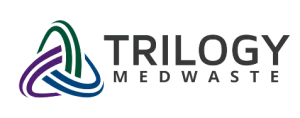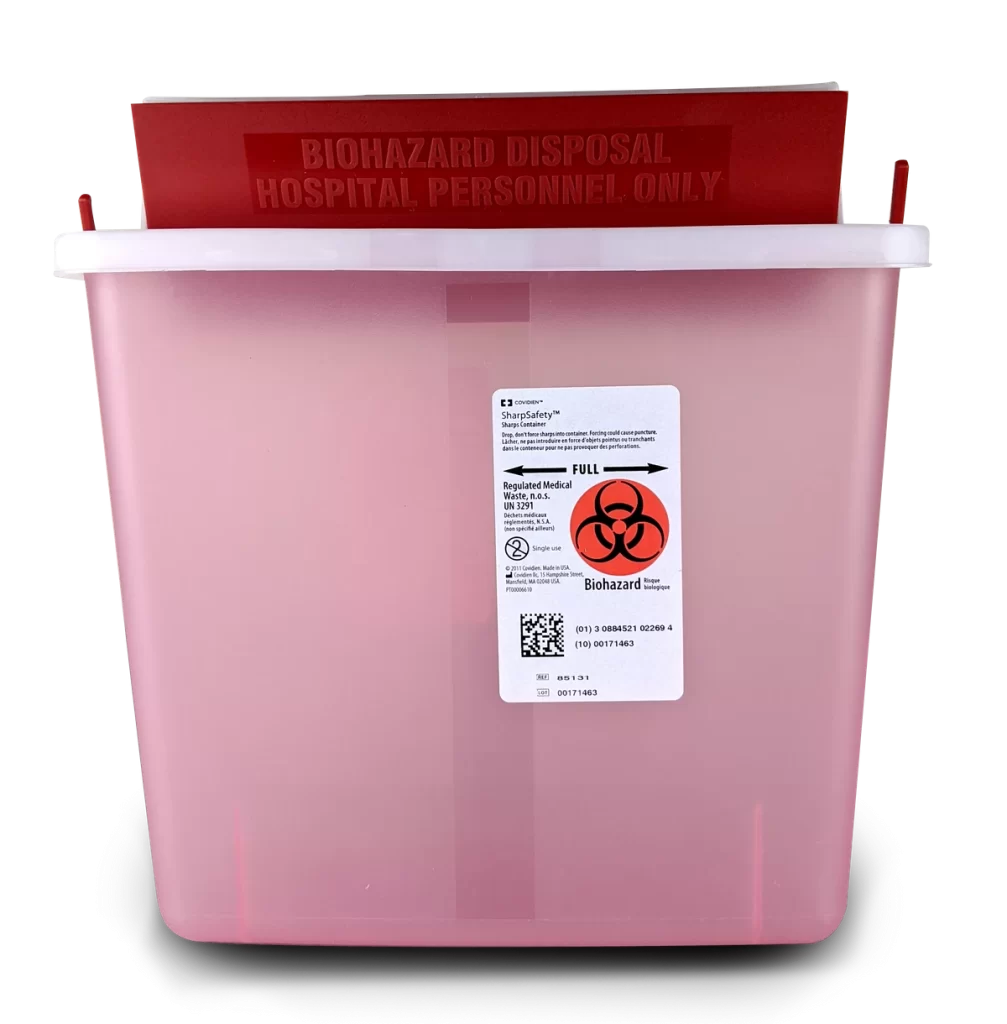South Carolina Regulated Medical Waste Compliance Standards
In the state of South Carolina, the primary entities responsible for regulating medical waste are the South Carolina Department of Environmental Services (SCDES) and the South Carolina Department of Public Health (DPH). These agencies enforce state laws and regulations related to the proper handling, storage, transportation, treatment, and disposal of medical waste.
Such laws and regulations include requirements outlined in the South Carolina Infectious Waste Management Regulations (R.61-105) for managing infectious waste, including proper segregation, packaging, labeling, treatment, and disposal procedures.
SCDES ensures compliance with environmental laws that pertain to medical waste treatment facilities, including permits for incinerators and autoclaves used in the treatment of medical waste. DPH oversees the public health aspects of medical waste management. Medical waste transporters must obtain permits from SCDES and comply with specific guidelines for containment, labeling, and record-keeping.
These state-level regulations work in conjunction with federal oversight from OSHA, which manages worker safety and bloodborne pathogen protocols, and the EPA, which provides broader guidance under the Resource Conservation and Recovery Act (RCRA).
How South Carolina Defines Medical Waste
South Carolina defines medical waste as any used material which is:
- Generated in the health care community in the diagnosis, treatment, immunization, or care of human beings;
- Generated in embalming, autopsy, or necropsy;
- Generated in research pertaining to the production of biologicals which have been exposed to human pathogens;
- Generated in research using human pathogens.
Medical waste types include:
- Pathological Waste
- Cultures and Stocks
- Sharps
- Blood and Blood Products
- Isolation Wastes
- Contaminated Materials
- Unused Sharps or Medical Items
Medical Waste Generators in South Carolina
Medical waste generators are regulated under R.61-105 by SCDES and DPH. These include:
- Hospitals
- Clinics and Medical Offices
- Nursing Homes and Long-Term Care Facilities
- Dental Practices
- Veterinary Clinics and Animal Hospitals
- Laboratories
- Blood Banks and Plasma Centers
- Pharmacies
- Funeral Homes
- Home Healthcare Providers
Generators are further classified as:
- Large Quantity Generators (LQGs): 50 pounds or more of infectious waste per month
- Small Quantity Generators (SQGs): Less than 50 pounds of infectious waste per month
All generators must register with SCDES, maintain appropriate records, and comply with strict storage, handling, and disposal standards to protect public health and the environment.
Handling, Storage, Treatment, and Disposal Requirements
South Carolina’s Infectious Waste Management Regulations (R.61-105) require facilities generating infectious waste to develop and implement a Medical Waste Management Plan that includes:
- Identification of waste streams
- Handling procedures
- Employee training
- Emergency protocols for spills or exposure
Infectious waste must be:
- Segregated at the point of generation
- Packaged in leak-proof, puncture-resistant containers or red biohazard bags
- Sharps must be placed in specialized rigid and puncture-resistant containers
Storage Requirements
Infectious waste must be maintained in a non-putrescent state using refrigeration when necessary. Storage requirements include:
- Onsite at the generator’s facility:
- No more than 14 days without refrigeration
- Up to 30 days if kept at or below 42°F
- Once waste leaves the generator site:
- Must be delivered to a treatment facility within 14 days without refrigeration
- Up to 30 days if kept at or below 42°F
- At a treatment facility:
- No more than 14 days at ambient temperature
- Up to 30 days if kept below 42°F
Total cumulative storage time cannot exceed 90 days (30 days each at the generator, transporter, and treatment facility if refrigerated). Without refrigeration, total storage time must not exceed 42 days.
All containers must be clearly labeled with:
- The generator ID
- The date the container was sealed and placed in storage
Storage areas must be secure, protected from weather and animals, minimize public exposure, and prevent odors and pest infestations.
Transport and Treatment
Transport of infectious waste must be conducted by licensed medical waste transporters using SCDES-approved vehicles. Containers must be secured and labeled in accordance with regulatory guidelines.
Acceptable treatment methods include:
- Incineration
- Autoclaving
- Chemical disinfection
Certain waste streams, such as pathological waste, must be treated specifically by incineration.
Once rendered non-infectious, treated waste may be disposed of as general solid waste. All generators must retain waste tracking records, including quantities, treatment methods, disposal dates, and manifests, for at least three years for inspection purposes.
All medical waste generators in South Carolina are responsible for maintaining compliance with local, state, and federal regulations governing the management, storage, treatment, and disposal of medical waste. This content is provided for general informational purposes only and is intended as a high-level overview. For the most current and detailed requirements, please refer to the applicable regulatory authority in your jurisdiction.



